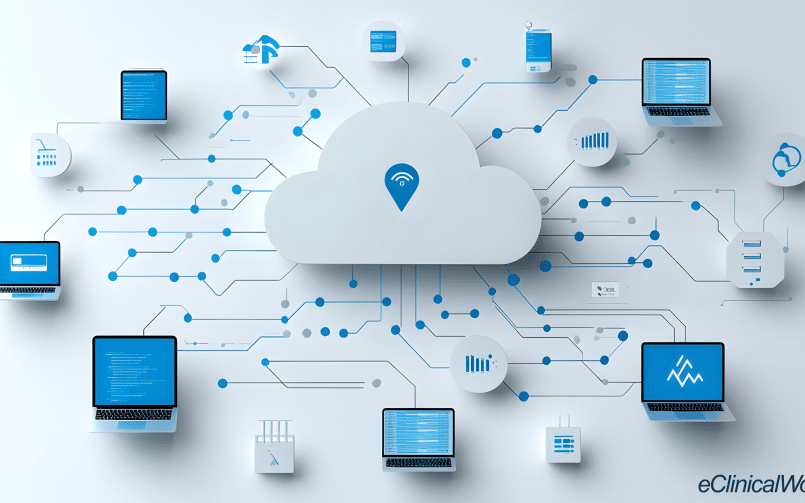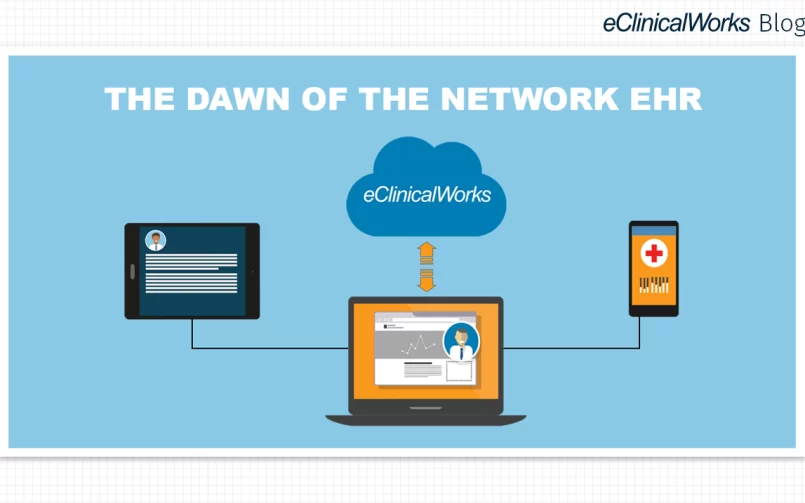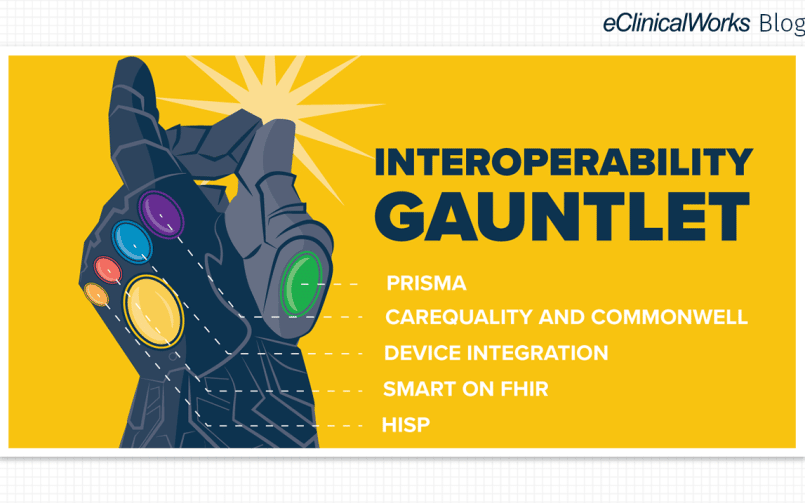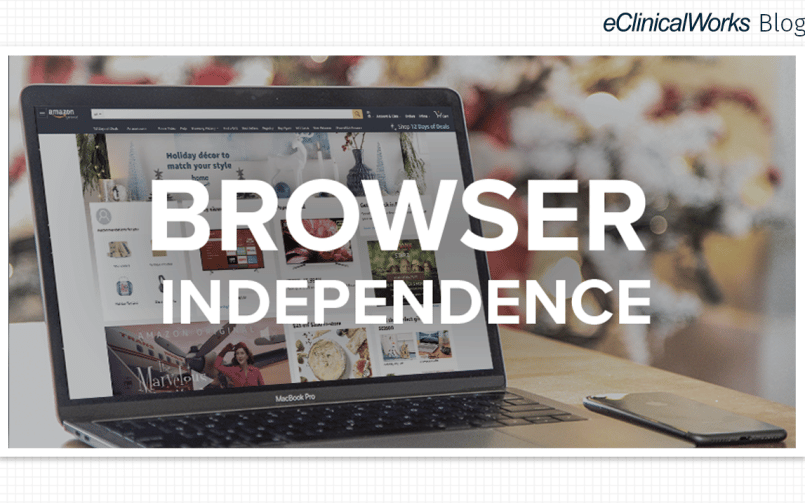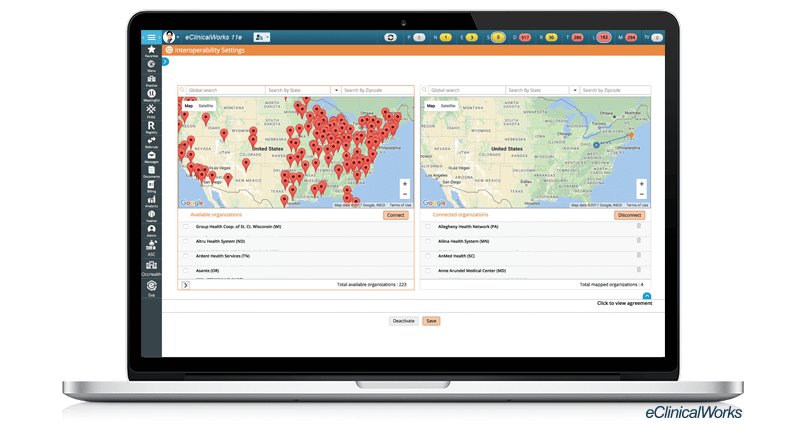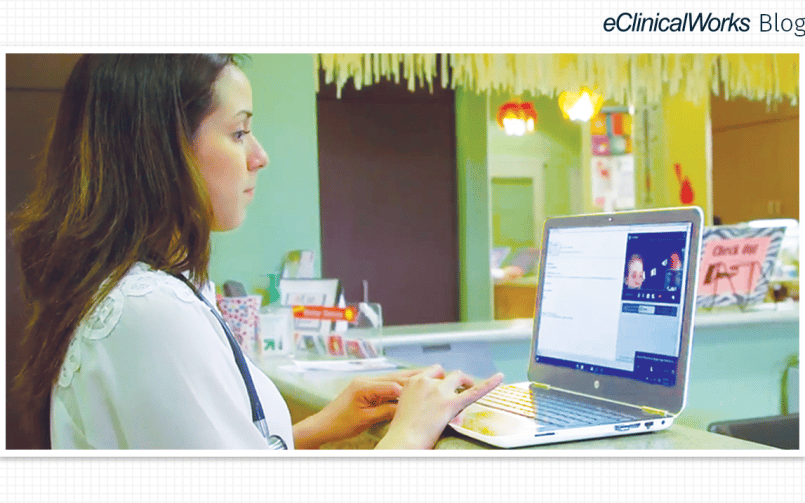Interoperability: Critical for Effective Pediatric Care
- 17 August 2020
- Blog
eClinicalWorks
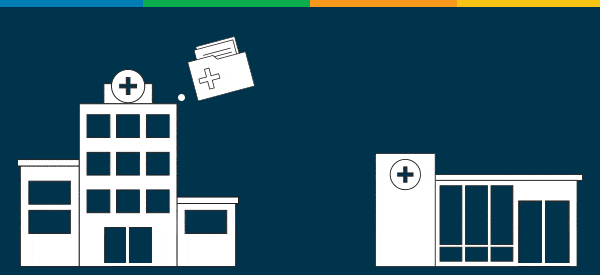
The ‘magic’ ingredient in healthcare
Ensuring the wellbeing of children requires access to quality care, fast and accurate diagnoses, and the right medications. It also requires a seemingly magical fourth ingredient that parents may never think about — effective interoperability.
Interoperability sounds complex but is as simple as it is important: Ensure providers have complete, up-to-date, and accurate patient information, on demand and at the point of care.
Too often, as noted in an August 2019 study in NPJ Digital Medicine about the importance of interoperability, medical data is “hidden in isolated databases, incompatible systems and proprietary software,” making it “difficult to exchange, analyze, and interpret.”
Success stories in the D.C. area
With the help of eClinicalWorks®, two busy pediatrics practices in the Washington, D.C. area no longer struggle with hard-to-find reports from hospitals and specialists.
Northern Virginia’s Town Pediatrics and Maryland’s Children First Pediatrics now enjoy enhanced access to patients’ visit summaries, labs, and medication histories. Parents no longer need to bring their children’s records or worry about recalling details from the ER and specialty visits.
As a result, providers and parents can give their full attention to ensuring the wellbeing of children.
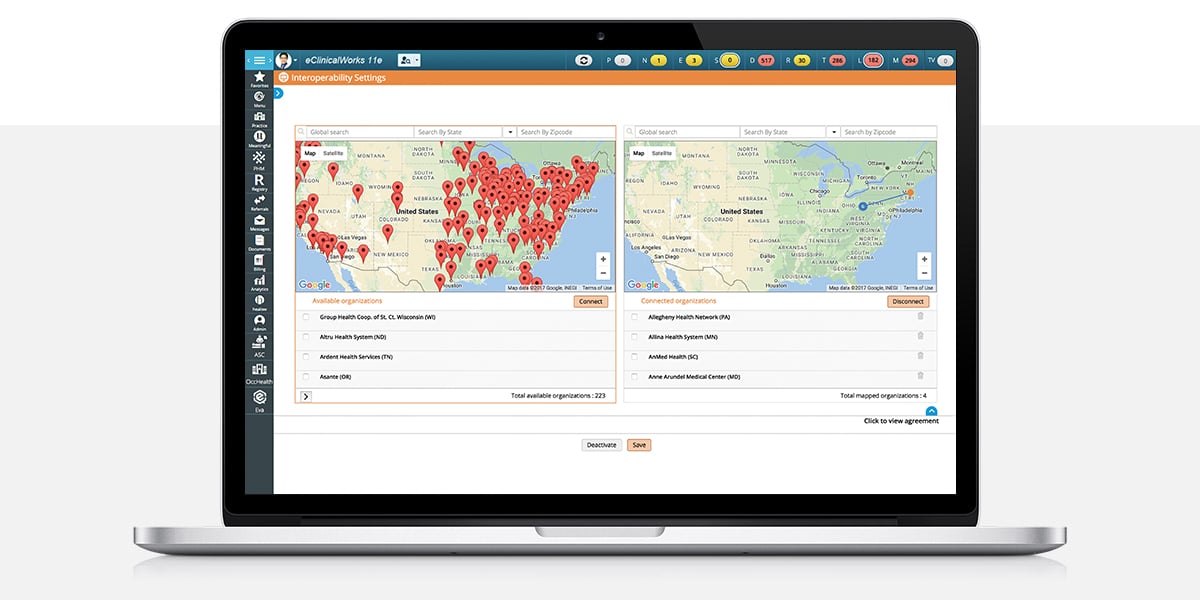
Ending the wait for interoperability
Back in 2011, a report published by the National Center for Biotechnology Information underscored the value of an interoperable personal health record system at an academic children’s hospital. The report concluded:
- An interoperable record is essential to “empower pediatric patients and their families to play a more active role in understanding, accessing, maintaining, and sharing their personal health information (PHI)”
- While the Health Information Portability and Accountability Act of 1996 (HIPAA) aimed to make PHI more portable for all, “a special need and urgency exists for pediatric populations who change providers more frequently than adults.”
A decade later, those lessons have been implemented in pediatric settings nationwide.
Toward more unified healthcare systems
Before they had an effective interoperability platform, said Dr. Patricia F. Rappaport, of Town Pediatrics, patients might come in for a visit and be released even before records from their hospital and specialist visits arrived.
“Now, we’re able to look at the chart just before they come in and prepare for the visit, have the right questions to ask, and be ready to go,” she said. “eClinicalWorks met our needs as a pediatric practice more than the other available EMRs,” Dr. Rappaport added. “They did it the best. That’s why we chose them!”
Dr. Paul Porras, at Children First Pediatrics, with offices in Silver Spring and Rockville, Maryland, said providers used to struggle with faxes, piles of paper, hard-to-read handwriting, and missing or delayed records. Now, eClinicalWorks delivers everything with a few clicks.
Dr. Porras said interoperability will accelerate the movement toward unifying data among different clinical settings.




